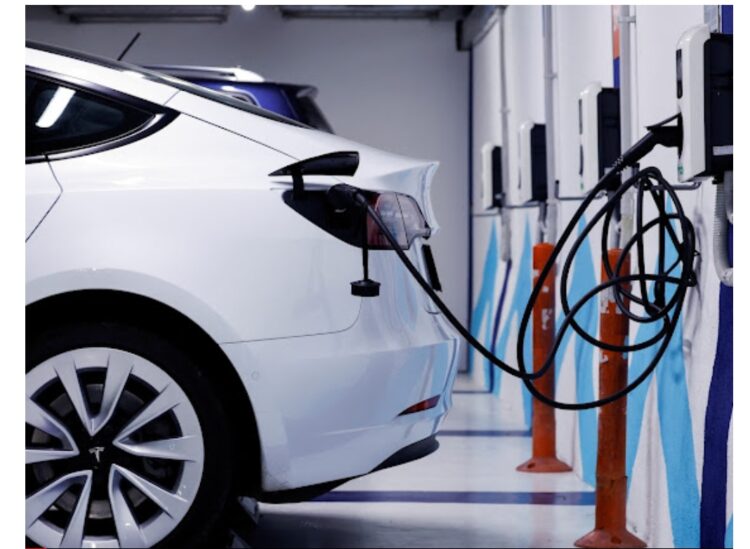How to manage your electric vehicle battery
In this article, DANIEL ADAJI explores the components, functionalities, challenges, and future trends of smart battery management systems in electric vehicles.
system design. SBMS must be adaptable to various chemistries and configurations to cater to a diverse market.
Future trends in smart battery management systems
The future of smart battery management systems in electric vehicles is promising, driven by ongoing advancements in technology. Several trends are emerging:
Artificial intelligence and machine learning
The integration of AI and machine learning algorithms into SBMS will enable more accurate predictions of battery performance and health. These systems will learn from historical data, continuously improving their predictive capabilities. As AI algorithms evolve, they can also help optimise charging strategies based on driving habits and external conditions.
Enhanced safety features
As the automotive industry prioritises safety, future SBMS will incorporate more sophisticated fault detection mechanisms and redundancy systems, ensuring a higher level of protection for drivers and passengers. The focus on safety will extend to proactive maintenance alerts, ensuring that potential issues are addressed before they become serious problems.
Wireless communication
Wireless technologies such as Bluetooth and Wi-Fi are likely to play a significant role in SBMS. Wireless communication will facilitate remote diagnostics, software updates, and real-time monitoring, enhancing user experience and operational efficiency. This capability will also allow for seamless integration with smart home systems and grid services.
Integration with renewable energy sources
Future SBMS may include capabilities for integrating with renewable energy sources, allowing for more efficient charging from solar or wind energy, thus promoting sustainable energy usage. Smart grid technologies can be incorporated to manage energy distribution effectively.
Second-life applications
As EV batteries reach the end of their lifecycle, smart BMS can facilitate second-life applications. These systems will enable the reuse of batteries in stationary energy storage systems, providing valuable energy management solutions for homes and businesses. This not only extends the utility of the battery but also contributes to sustainability by reducing waste.
User-centric features
Future SBMS will likely prioritise user experience by providing more intuitive interfaces, personalised driving and charging recommendations, and real-time notifications about battery status and performance. Enhanced user engagement can lead to more informed decisions and better overall management of battery resources.
Smart battery management systems are integral to the evolution of electric vehicles, ensuring optimal performance, safety, and longevity of battery packs.
As technology advances, SBMS will play a crucial role in addressing the challenges facing the electric vehicle industry.
By leveraging innovations in artificial intelligence, wireless communication, and enhanced safety features, smart BMS will not only improve the driving experience but also contribute to the broader adoption of electric vehicles as a sustainable transportation solution.
Continued investment in research and development will be essential for overcoming existing challenges and unlocking the full potential of smart battery management systems in the future of electric mobility.
As the automotive landscape evolves, the capabilities of SBMS will be pivotal in fostering consumer trust and encouraging the shift towards greener, more efficient transportation options.
The ongoing evolution of smart battery management systems is a vital aspect of the journey toward a more sustainable future, where electric vehicles play a central role in reducing carbon emissions and promoting clean energy technologies.


